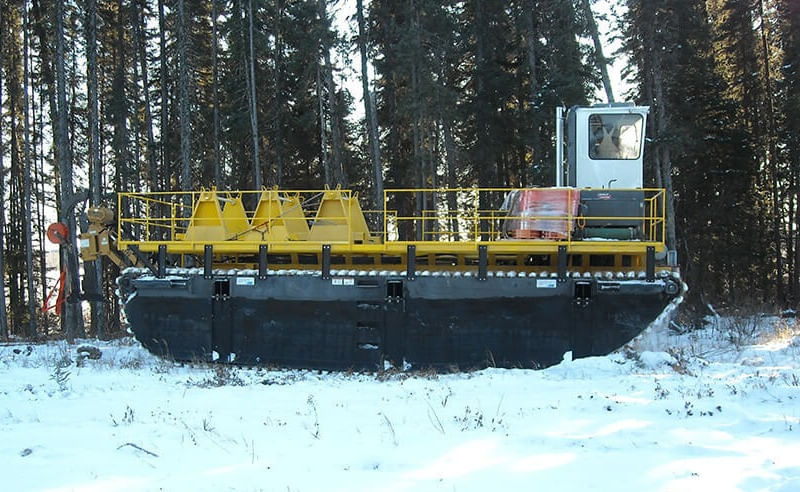
Mini Excavator
What is a Mini Excavator?
Mini excavators, also known as compact excavators, pack a big bite in a small package. Able to dig with the big dogs, the additional benefits of being able to work in smaller spaces cannot be overstated.
Mini excavators run on diesel fuel, and they have a wide assortment of attachments available depending on the needs of the job. Thanks to their smaller size, they are far more maneuverable while being able to move like a skid steer. It’s also a lot easier to transport a mini excavator from site to site.
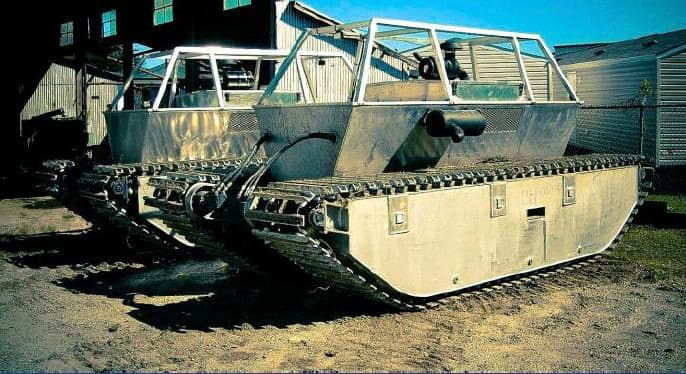 WP-1 Model Mini Amphibious Carrier Learn More Specifications
WP-1 Model Mini Amphibious Carrier Learn More Specifications 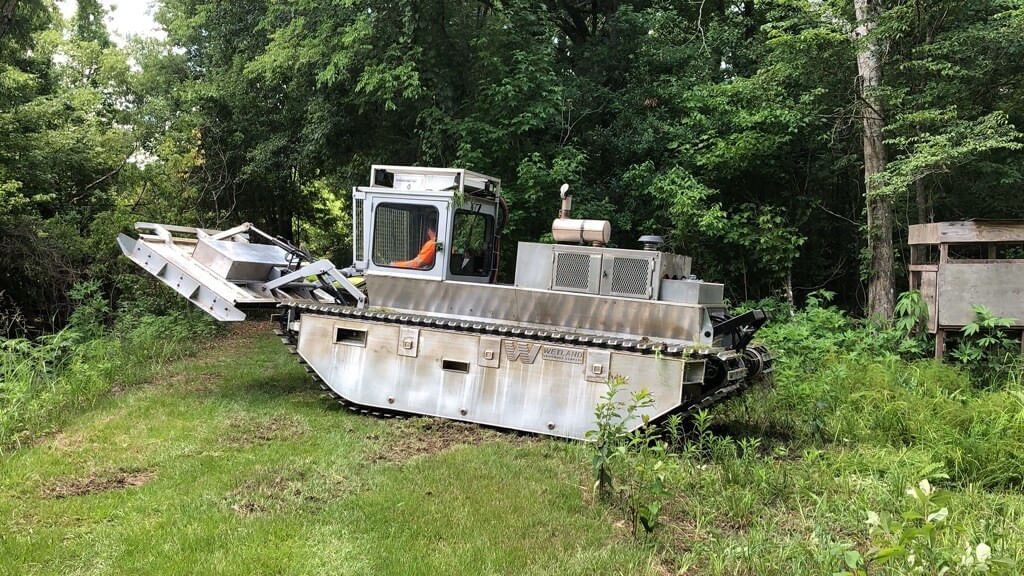 WP-2 Model Mini Amphibious Carrier Learn More Specifications
WP-2 Model Mini Amphibious Carrier Learn More Specifications 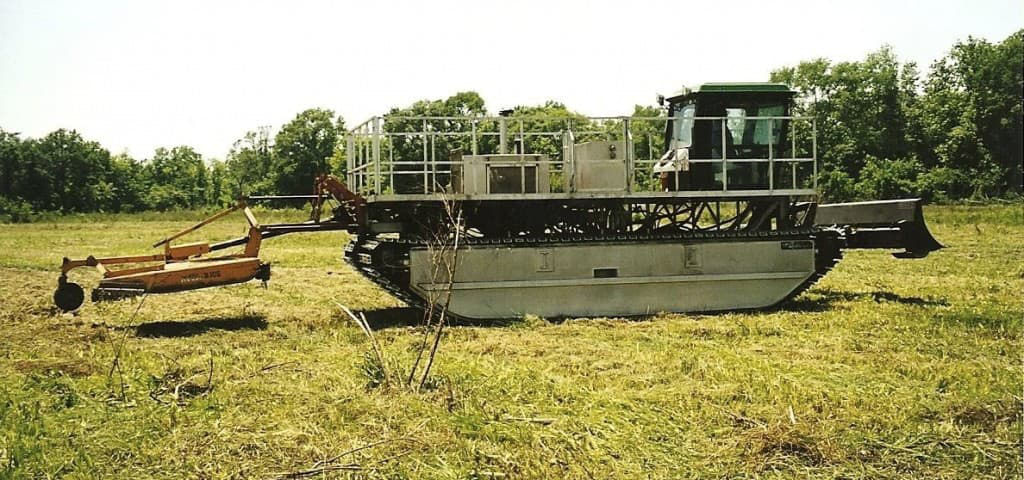 5A Model Mini Amphibious Carrier Learn More Specifications
5A Model Mini Amphibious Carrier Learn More Specifications 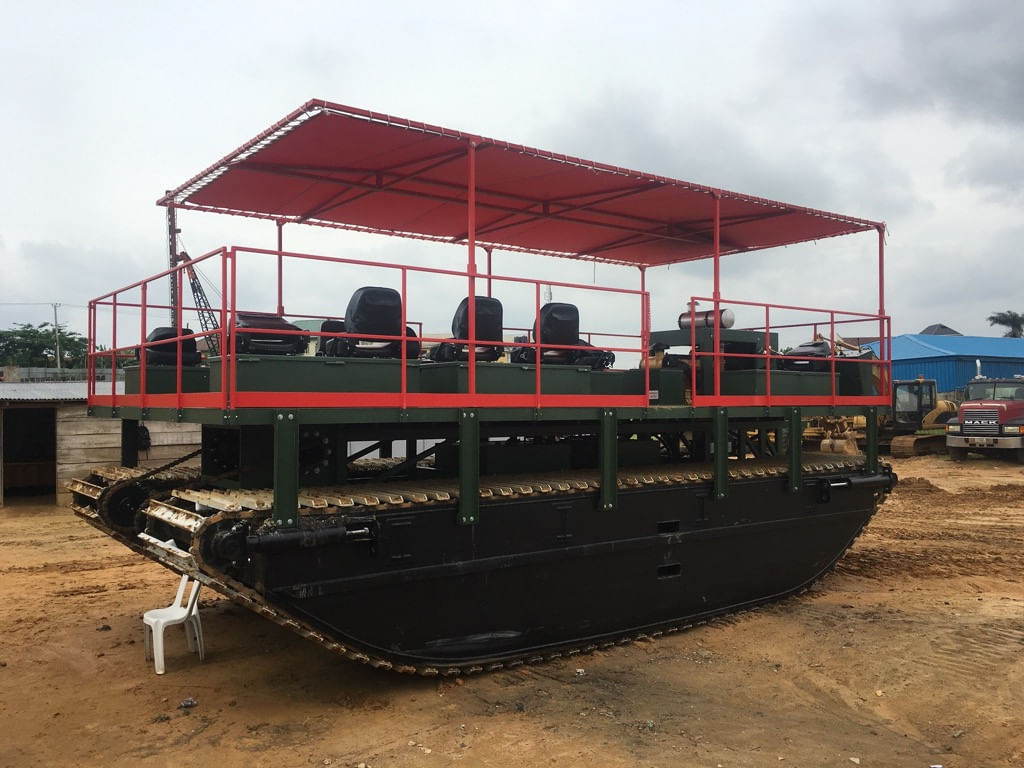

Types of Mini Excavators
Tail Swing Mini Excavators
These are the typical mini excavators that are found on job sites. It’s called a tail swing because it keeps a counterweight on the rear end of the excavator to balance against the heavier bucket and arm, especially when it’s loaded with excavated material.
Thanks to this counterweight, there are greater lifting capabilities possible, which equals greater arm and bucket breakout force. Tail swing mini excavators also have more room in their cabs, allowing the operator a bit more breathing space and comfort while operating the machine.
However, there is a downside. Tail Swing mini excavators utilizing a tail swing can make for more awkward movers in especially tight areas since the counterweight stands out so much.
Zero Tail Swing Mini Excavators
These miniature excavators can get into even tighter spaces than their tail swing counterparts. Therefore, zero tail swing mini excavators have the most practical applications in urban areas. Though they still use a counterweight placed over the rear of the excavator, there is no “tail” that stands out. The counterweight on a zero tail mini excavator rotates inside of the track widths, making it simpler to operate alongside walls.
Contact Sales
What are the Parts of a Mini Excavator?
Miniature excavators on the market today are made up of a dipper/stick, a boom, and a bucket. These parts make up the armature that performs the digging. This all connects to a cab that the operator sits in, and it can rotate 360 degrees. Finally, mini excavators can utilize either tires or treads depending on the areas of operation.
How Big is a Mini Excavator?
A miniature excavator for sale today is categorized as being under 10,000 lbs (5 tons) in weight. There are mini excavators so small that they can fit through doorways! The basket size of a mini excavator can vary from 12 to 24 inches, and it can always be swapped out with a different attachment depending on the needs of each job. Several excavator providers will therefore label their minis as “compact.” But, this is technically incorrect, as compact excavators are noted as being under 18,000 lbs (9 tons).
Mini Excavator Attachments
Mini excavators for sale come with a multitude of attachments such as a grapple, breaker, dozer blade, hammer, or auger. Attachments can also include:
- 4-in-1 buckets
- ditching buckets
- v-bottom buckets
- trapezoid buckets
- dozer blades
- grapples
- power-tilt pin grabs
- power wedges
- thumbs
- rakes
- rippers
- chuck blades
- augers
What Jobs are Best for a Miniature Excavator?
Generally, light demolition work is the most common commercial application for minis. However, there are many landscaping projects they also excel at. These can include:
- roadwork
- soil moving for farms
- home renovation digging
- grave digging
- tree harvesting and planting
- repairing sewer lines
- demoing small buildings
- installing hot tubs and pools
How to Select a Mini Excavator
The ideal means of finding the right excavator for your job is knowing exactly what role the excavator will need to play on the job site. Ou team can help you find the right excavator that will integrate seamlessly with your crew’s tasks rather than try to force-fit an excavator that could easily be too big for the job.
